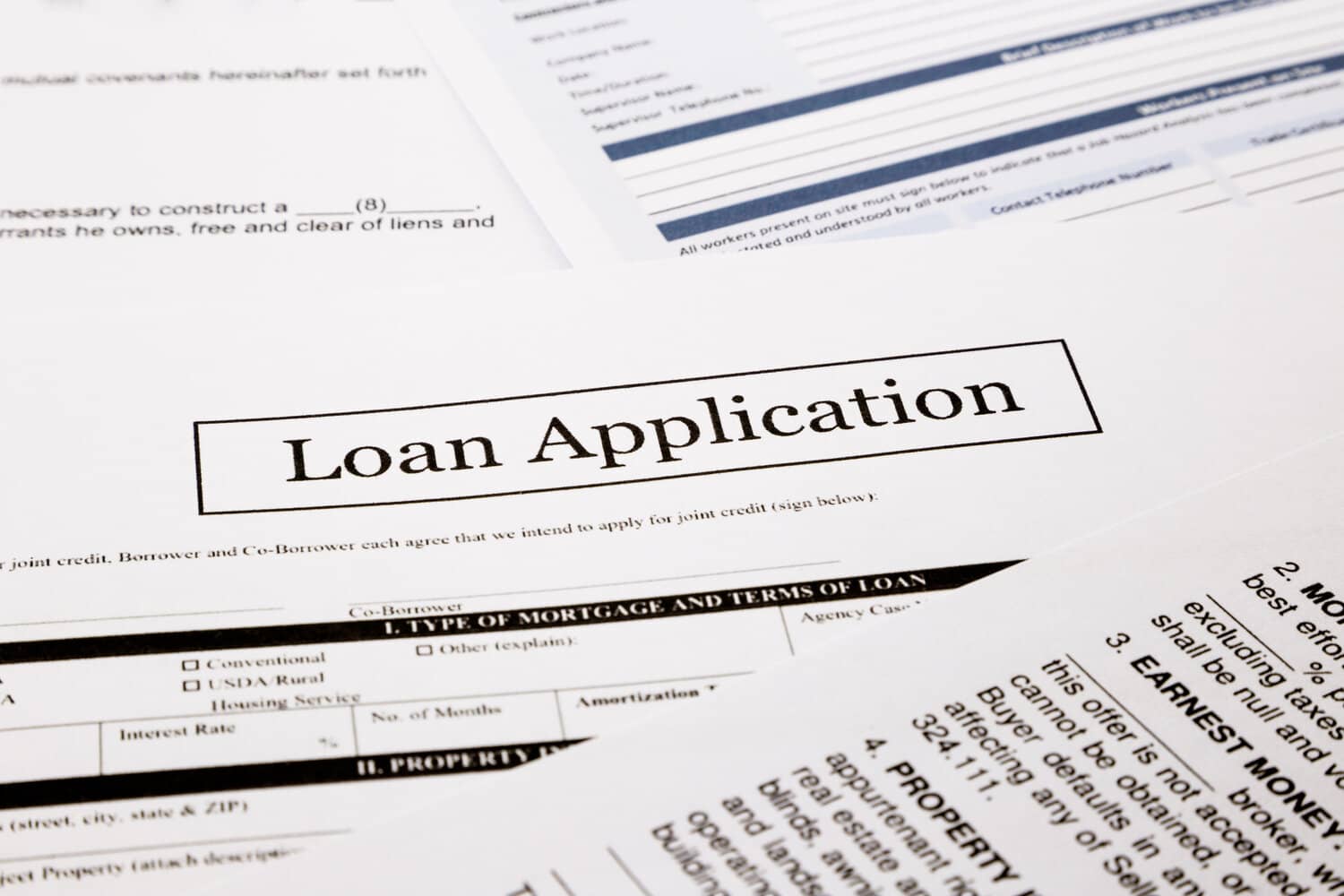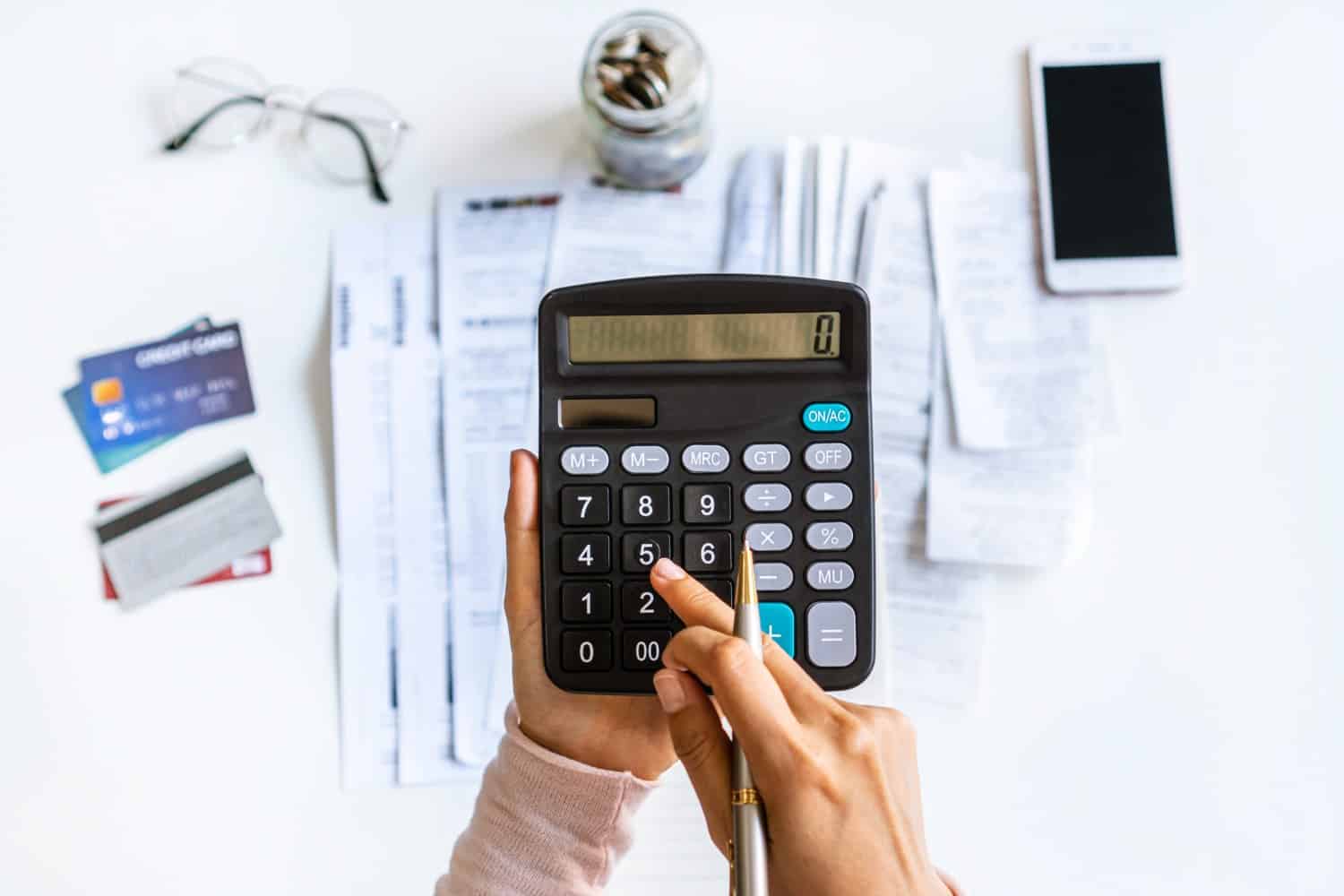What Are Your Responsibilities as a Guarantor for a Loan?
When we talk about loans in Singapore, it is almost always that we mention the word guarantor. But what does guarantor actually mean? What does he/she do?
In this article, you will learn what a guarantor is, the guarantor’s qualifications, and responsibilities. Either you need to look for one or are being asked to be one, we provide you with information that will guide you in making a decision.
Familiarity with a guarantor’s responsibilities in a loan agreement is in order before you decide to be a guarantor.
What Does It Mean to Be a Guarantor?
In the financial field, a guarantor is a person who promises to pay the debt of the borrower in case of the default of the borrower on his or her financial obligation. In essence, a guarantor secures someone’s loan by committing to pay the loan if the borrower fails to pay it. Generally, guarantors offer their own property or assets as collateral to the loan obligation. Often, the term “guarantor” is used interchangeably with the term “surety.”
Are There Qualifications to Be a Guarantor?
Acting as a security of a loan agreement, there are qualifications before one may act as a guarantor. The common qualifications are:
1. Typically over the age of 18 and a resident of the country where the loan agreement was entered into
2. Possess an exemplary credit history and sufficient income to pay the loan amount in the case when the borrower defaults. Lenders look at the ability of an individual to assume the position of a guarantor.
Responsibilities as a Guarantor
Loan guarantors assume serious commitments. Before you agree to be one, you must fully understand the obligations attached to the role. It will be prudent to ask the lender about the guarantor’s terms and conditions in the loan arrangement.
Generally, the guarantor has two obligations:
1. The liability over the debt of the borrower, which remains unpaid.
In the contract, the extent of the liability of the guarantor may be limited. For example, a guarantor may only be held liable for a certain amount and not for the loan’s full value.
2. Second, the liability over further charges, legal costs, and interest.
This may occur when the borrower is remiss in paying his or her debt. The guarantor is liable for the charges, legal costs, and interests that the lender may collect from the borrower.
Things to Consider Before Agreeing to Become a Guarantor
Aside from knowing the guarantor’s responsibilities, there are a number of factors that you need to know before agreeing to be a guarantor in Singapore. The list of questions in this section aims to guide you in your decision-making process.
1. Are you able and willing to pay the loan amount?
In accepting the role, you agree to step into the shoes of the borrower. Thus, not only are you liable for the payment of the debt incurred by someone else, but you are also liable for all of his or her obligations under the contract.
This includes the payment of interest rate and other charges. It is also important to remember that since you guarantee the loan’s settlement, you accept the risk that the lender may collect the payment from you. If you are not in a stable financial position, our advice is not to guarantee the loan obligation.
2. How likely is it that the borrower will be able to repay the loan?
It will also be helpful if you can assess the likelihood of the default of the borrower. However, this may be difficult to evaluate. Thus, our advice is for you to check the following: borrower’s other existing loans and liabilities (mortgage, credit card or education loans); borrower’s income; and borrower’s credit history.
3. Are you ready for the consequences if you are unable to pay?
In case you fail to fulfill your obligation, there are unpleasant circumstances that you should expect. Your credit score will be affected. This may result in difficulties in obtaining loans in the future.
If you pledge any personal property, the lender may obtain an order for its seizure to settle the debt. Likewise, the lender may obtain a garnishee order wherein the debt will be automatically deducted from your monthly salary.
4. Can you sue the borrower to recover the debt from them?
This may be done. However, if the lender went to you to settle the obligations, then there’s a high probability that the borrower has no money to pay you either.
5. Do you clearly understand the loan agreement with the moneylender?
There may be other obligations under the agreement. Thus, it is best to ask the lender to explain all the terms under the loan agreement. However, since the lender’s priority is the certainty of collecting the amount of debt and interest, we advise you to consult a lawyer to review the stipulations in the agreement.
6. How can you protect yourself before agreeing to be a loan guarantor?
To protect yourself from unfavourable consequences, remember that the decision to assume the role solely belongs to you. Paying for someone else debt is not a usual obligation.
Thus, the mere fact that you share friendship with the borrower or he or she is a family member is not a reason for you to just accept the proposal. As a prospective guarantor, you also have rights that you need to know.
To determine whether you can take the responsibility of a guarantor, the following must be considered:
- Your own financial circumstances
- Your assessment of the borrower’s own ability and willingness to repay their own debt, and
- Scrutiny of the terms and conditions of the loan agreement.
Moreover, to lessen the risk of you not being paid by the borrower, it is within your rights to ask the borrower about his or her financial obligations, assets, income, etc. In this way, you may assess the possibility of his or her failure to make payments of the loan and whether he or she can pay the amount of the loan.
Ultimately, you should always ask for a copy of the agreement. A careful reading of the debt agreement will help you prevent the possibility of being held responsible for the debt. Everything in the loan agreement may risk your liability. Thus, much emphasis is given to fully and carefully understanding whatever is written in there.
Closing
To be a loan guarantor in Singapore requires a serious commitment. Guarantors ensure the payment of the loans of the borrower. They also take responsibility for all the obligations of the borrower under the stipulations of the loan agreement.
The next time a family member or a friend asks you to act as a guarantor of their loan, we advise you to consider all the things mentioned in this article. They will help you to make the right decision.
Money is a delicate issue. Before you offer help to someone with his or her financial issues, make sure that you are capable and ready to embrace loan guarantors’ responsibilities.




